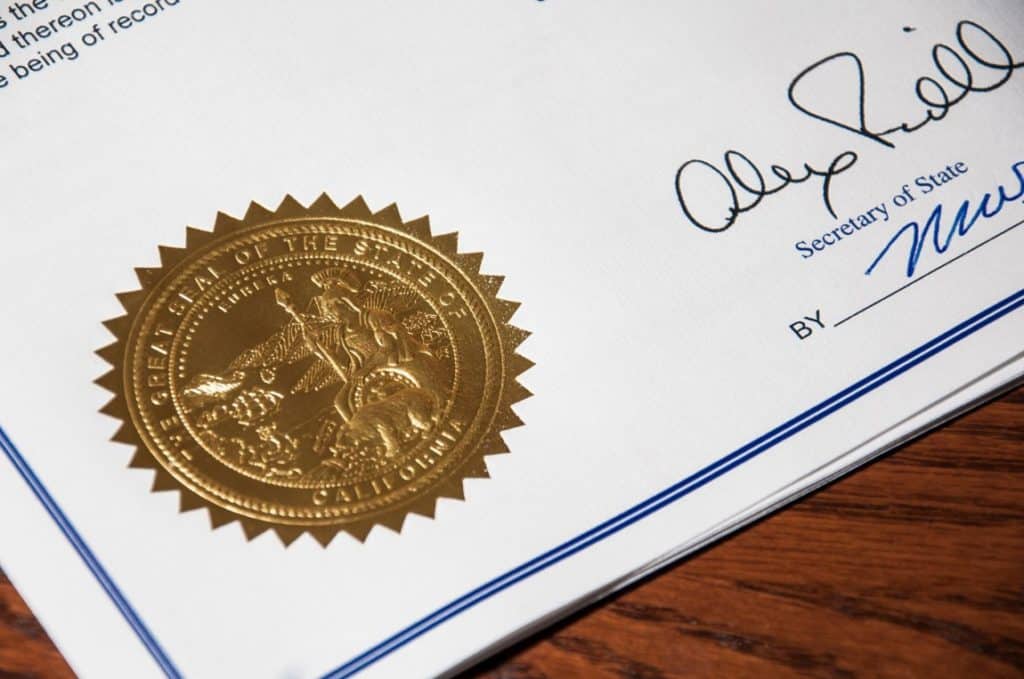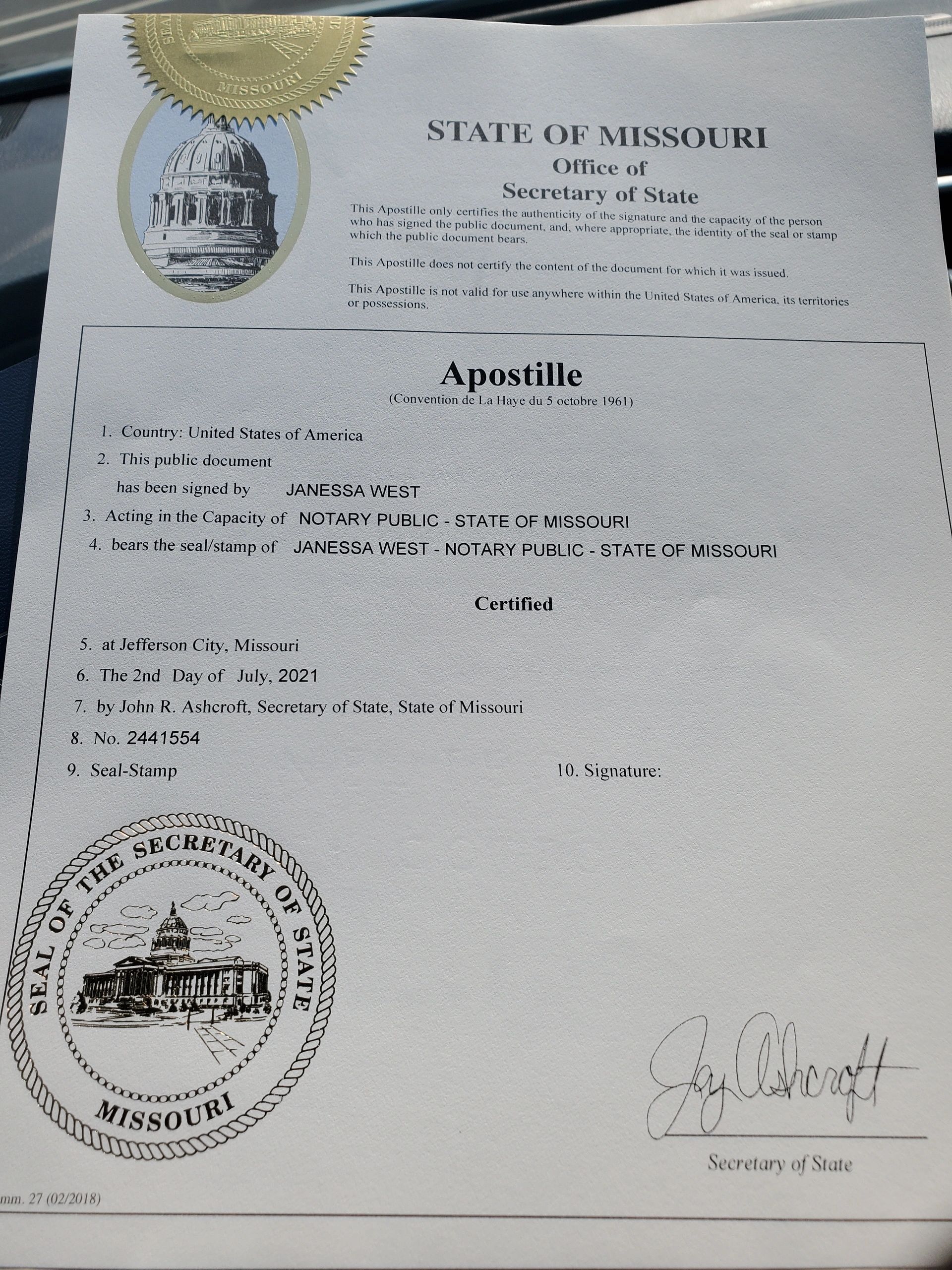Understanding the Apostille Process: A Comprehensive Overview to International File Verification
Browsing the intricate landscape of worldwide record authentication can be intimidating without a clear understanding of the apostille procedure. This overview meticulously details the essential steps, from identifying which papers call for accreditation to sending them for verification by the Competent Authority. Understanding the value of an apostille and identifying possible risks, such as incomplete submissions and language barriers, can substantially enhance the verification journey. What exactly defines an apostille, and why is it so vital for records predestined for Hague Convention countries? These questions form the foundation of our exploration right into this important legal procedure.
What Is an Apostille?
An apostille is an official accreditation that confirms the authenticity of a document for usage in one more country. This accreditation, issued by a designated authority in the nation where the paper came from, makes sure that the file is recognized as valid and reputable in the international arena. The process of getting an apostille includes several actions, including the verification of the document's trademarks, seals, and stamps by proper governmental bodies.
The apostille works as an internationally identified kind of authentication, made possible by the Hague Convention of 1961. This treaty, formally called the Hague Convention Eliminating the Need of Legalisation for Foreign Public Files, systematizes the process of document accreditation amongst member nations. The apostille itself is a standard certificate that consists of details info, such as the releasing authority, the native land, and the day of issuance.
It is necessary to keep in mind that not all papers are eligible for an apostille. Generally, public documents like copyright, marriage licenses, court orders, and academic diplomas get approved for this certification. Exclusive records, such as agreements and arrangements, might call for notarization and added steps to certify.
Significance of Apostille
Understanding what an apostille is sets the stage for valuing its importance in international dealings. houston tx apostille. An apostille, essentially a type of certification released by a marked authority, confirms the authenticity of a record for use in foreign countries that are notaries to the Hague Apostille Convention. This standard process eliminates the demand for additional legalisation by embassies or consulates, thus simplifying global deals
The significance of an apostille can not be overemphasized. It guarantees the reputation and acceptance of crucial files-- such as birth certifications, marital relationship licenses, and instructional diplomas-- across borders. For organizations, it helps with the smooth conduct of global trade, mergings, and procurements by supplying a relied on technique of record verification. This reduces governmental difficulties, conserving both time and resources.
In addition, an apostille improves legal protection and compliance. Federal governments and organizations can confidently count on the authenticity of records bearing an apostille, minimizing the threat of scams and misrepresentation.
Files That Call For Apostille
When engaging in global transactions or legal issues, specific papers often require the verification offered by an try this apostille. This ensures their acknowledgment and acceptance in countries that are notaries to the Hague Apostille Convention. Generally, personal papers such as copyright, marital relationship certifications, and death certificates need an apostille, specifically when they are used for processes like migration, marital relationship abroad, or global probate matters.
Educational files are one more group frequently requiring apostilles. Diplomas, transcripts, and scholastic documents often require this authentication for functions such as going after additional education and learning, employment, or specialist licensing in a foreign country (houston tx apostille). This action guarantees that the files are recognized as reputable and legitimate
Lawful documents, consisting of powers of attorney, you can find out more testimonies, and court orders, likewise frequently demand apostilles. Service papers such as certificates of unification, laws, and industrial contracts may require an apostille to assist in worldwide trade, establish foreign branches, or take part in cross-border legal procedures.
Actions to Obtain an Apostille

Obtaining an apostille involves a multi-step process that makes certain the credibility and approval of your papers in foreign countries. The preliminary action is recognizing which papers need an apostille. houston tx apostille. Common documents consist of birth certifications, marriage licenses, scholastic records, and business documents
As soon as determined, the record needs to be accredited by the appropriate releasing authority. After certification, the file ought to be submitted to the marked Competent Authority in the document's country of origin.
The entry procedure generally needs a finished application, the original file, and a fee. Some territories may supply the alternative of expedited processing for an added cost. Upon successful confirmation, the Competent Authority will attach the apostille certificate to the record, thus validating its authenticity.
Typical Challenges and Solutions
Navigating the apostille process can provide several common difficulties that, otherwise appropriately resolved, may postpone or complicate file verification. One constant issue is the submission of incorrect or insufficient documents. Each country has certain needs for the sorts of documents that can be apostilled, and any kind of deviation from these can lead to denial. Ensuring that all files are precise and full before submission is vital.
An additional usual obstacle is recognizing the diverse handling times. Handling times can differ dramatically in between nations and also in between different regions within the exact same country. It is necessary to represent these variations when preparing the apostille process to avoid unexpected delays.
Additionally, language barriers can position significant obstacles. Files in a foreign language frequently require qualified translations, and any kind of mistakes in translation can bring about additional problems. Engaging a specialist translation solution can reduce this view publisher site threat.

Verdict
Mastering the apostille procedure considerably enhances the efficiency of worldwide document authentication. By understanding the necessity of recognizing and certifying needed documents, and navigating the entry to the Competent Authority, the process ends up being more workable.